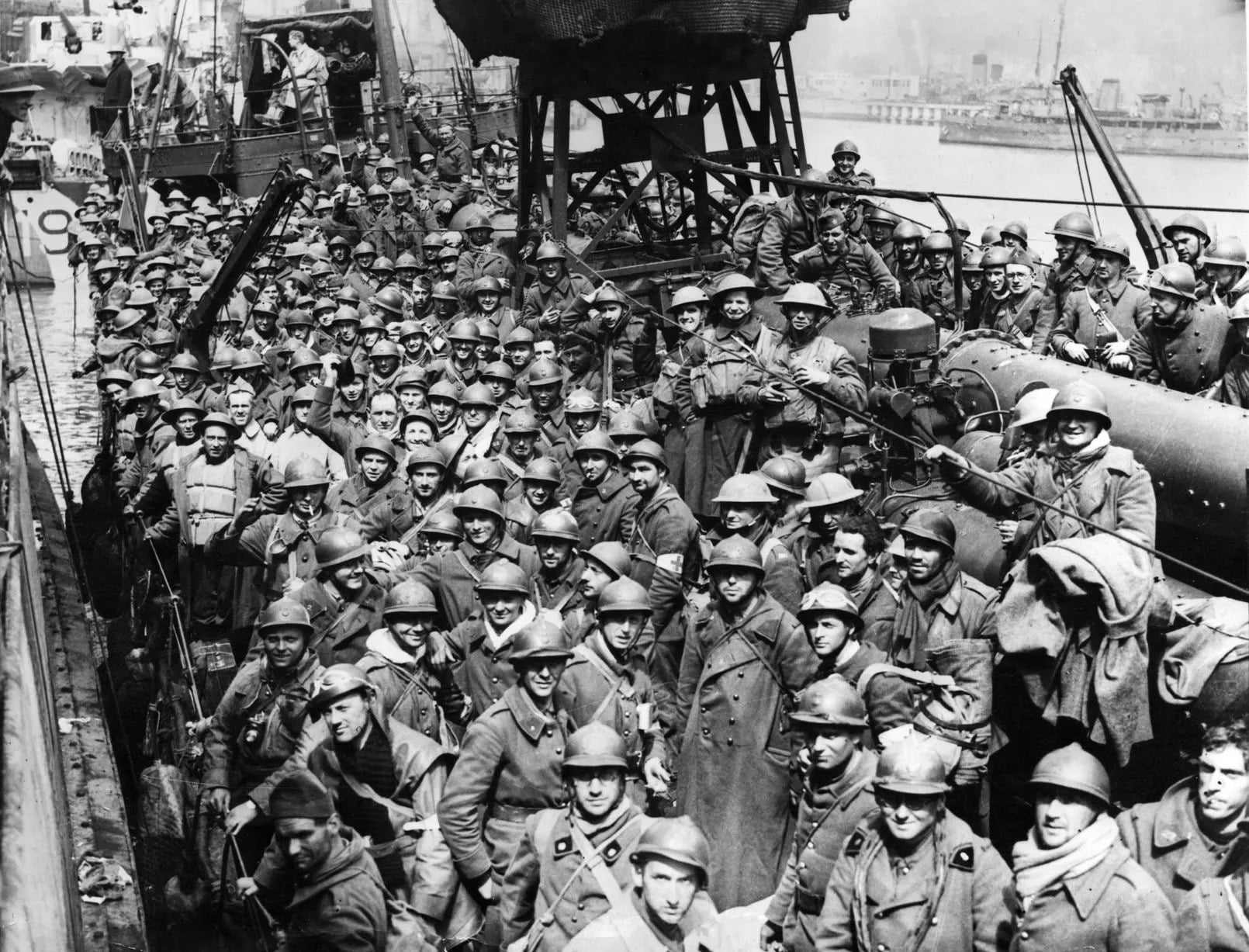World War II, spanning from 1939 to 1945, stands as one of the most cataclysmic events in human history. Its origins, the devastating consequences, and the staggering loss of life continue to shape our world. Let us delve into the depths of this global conflict.
Causes of World War II
Humiliation by the Treaty of Versailles:
The Treaty of Versailles, following World War I, imposed severe penalties on Germany. War indemnity, disarmament, territorial losses, and economic hardships fueled resentment. Germany’s desire to overturn these terms and regain its lost glory became a potent force.
Growth of Fascism and Nazism:
Mussolini in Italy and Hitler in Germany glorified war and violence. They militarized their nations, challenging the status quo. While the West grappled with communism, Germany and Italy prepared for conflict.
Rise of Japan:
Japan’s imperialist ambitions led to territorial expansion in Asia. The Rome-Berlin-Tokyo axis solidified their alliance.
Neglect of Minority Interests:
New countries like Poland, Czechoslovakia, and Austria emerged after World War I. Boundaries were drawn without considering minority groups’ interests, leading to tensions.
Military Alliances:
Allies (Britain, France, USA, USSR, and China) faced off against Axis Powers (Germany, Italy, and Japan). The stage was set for a global confrontation.
Germany’s Aggression:
Germany’s re-attack on Czechoslovakia despite the Munich Pact escalated tensions. The invasion of Poland on September 1, 1939, triggered World War II.
Blitzkrieg Tactics:
Germany’s rapid and coordinated military strategy, known as “blitzkrieg,” caught its enemies off guard.Blitzkrieg involved lightning-fast attacks using tanks, aircraft, and infantry, overwhelming opposing forces.The fall of Poland and France showcased the effectiveness of this approach.
The Battle of Midway:The Battle of Midway (1942) was a pivotal naval battle between the USA and Japan in the Pacific. The USA’s victory halted Japanese expansion and weakened their naval power. It marked a turning point in the Pacific theater.
Holocaust and Concentration Camps: The Holocaust remains a haunting chapter in human history. Nazi Germany systematically exterminated millions of Jews, Romani people, Poles, and others. Auschwitz, Treblinka, and other concentration camps witnessed unimaginable suffering and death.
D-Day and Normandy Landings:
On June 6, 1944, Allied forces launched Operation Overlord, landing on the beaches of Normandy, France. D-Day marked the beginning of the end for Nazi-occupied Europe. The sacrifices of soldiers on Omaha, Utah, Gold, Juno, and Sword beaches were immense.
The Eastern Front:
The brutal conflict between Germany and the Soviet Union on the Eastern Front resulted in staggering casualties. The Battle of Stalingrad, with its urban warfare and bitter winter, epitomized the horrors of war.
Atomic Bombs on Hiroshima and Nagasaki:
In 1945, the USA dropped atomic bombs on Hiroshima and Nagasaki, Japan. The devastation was unprecedented, leading to Japan’s surrender. The bombings raised ethical questions about the use of nuclear weapons.
Post-War Rebuilding and Marshall Plan:
After the war, Europe lay in ruins. The Marshall Plan provided massive aid for reconstruction. The plan aimed to prevent economic collapse, stabilize democracies, and counter communism.
Legacy and Lessons:
World War II reshaped geopolitics, leading to the Cold War. The United Nations was established to promote peace and prevent future conflicts. The war’s impact on art, literature, and memory continues to reverberate.
Consequences of World War II
- Human Losses: An estimated 70–85 million people perished, including civilians and military personnel.
- Holocaust: Over 6 million Jews were murdered by the Nazis and collaborators.
- Economic Collapse: Europe’s industrial infrastructure crumbled, and millions were homeless.
- Superpower Shift: The war reshaped political landscapes, leading to the rise of new superpowers.
- Nuclear Threat: The war’s aftermath saw the rising threat of nuclear warfare.
- United Nations: The UN emerged as an intergovernmental organization.
- Decolonization: European and Asian powers decolonized territories.
Future Implications
- Had World War II not stopped, the world might have faced further devastation.
- The emergence of nuclear weapons could have led to catastrophic consequences.
- The UN’s role in preventing future conflicts would have been compromised.
Learn more:
In retrospect, World War II serves as a stark reminder of humanity’s capacity for destruction. Let us learn from history and strive for peace and cooperation on a global scale.

